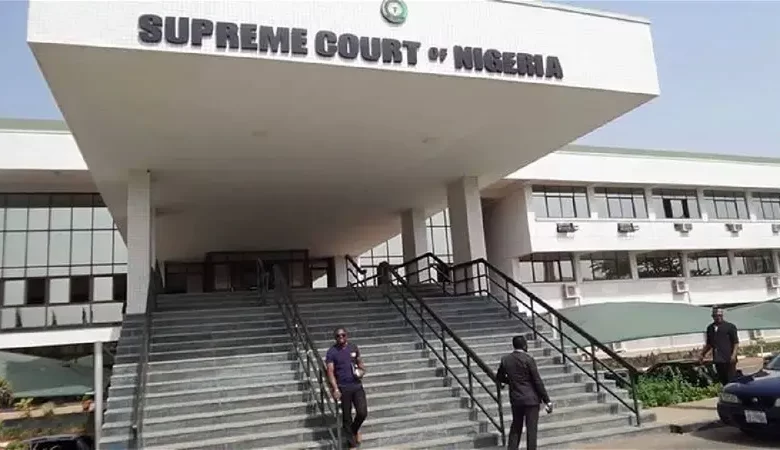
A Senior Advocate of Nigeria, Kemi Pinheiro, has explained why the federal government needs to create additional 36 Supreme Courts to reflect federalism.
Pinheiro made the call at a public presentation of book co-authored by Lagos State Attorney-General and Commissioner for Justice, Lawal Pedro (SAN) on Wednesday evening.
The book is entitled: “The Supreme Court of Nigeria: History, Establishment, Jurists and Speeches” was co-authored by Abdulrasheed Ibrahim.
During his lecturer, Pinheiro said that each state in the United States of America had its own supreme court.
“It is about time states start having supreme courts if we are really serious about federalism. There is no reason the states cannot have their supreme courts,” he said.
“There are certain cases that should not end up in the Supreme Court of Nigeria. For instance, why would matrimonial matters, customary law cases end up in the Supreme Court?
“Why would you, for instance, tell a Supreme Court judge who is from Zamfara State to take a decision in relation to customary law that has to do with Ebonyi State law. It does not make sense,” he argued.
The senior lawyer also suggested that, in order to reduce heavy case loads in the Supreme Court of Nigeria, the jurisdiction of the court should be limited to only appeals arising from matters within the jurisdiction of federal courts such as the Federal High Court and the National Industrial Court.
Pinheiro also recommended better service conditions, better healthcare services and increased remuneration for judicial officers.
He said that there was need for appointment of more justices at the Supreme Court of Nigeria.
According to him, there should be amendment of the 1999 Constitution to allow for termination of certain appeals at the Court of Appeal.
“What business should the Supreme Court have with divorce cases and tenancy matter?
“Just as matters from National Industrial Court ends at the Court of Appeal, same should be applicable to a number of civil matters. There should be enhancement of independence of the judiciary,” Pinheiro said.
